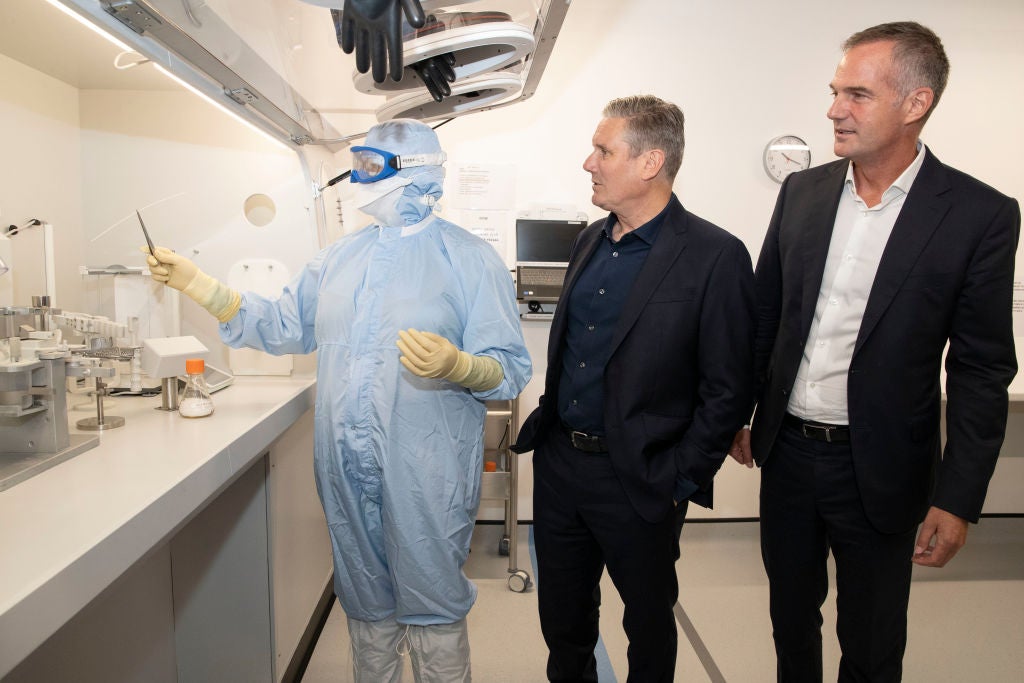
Labour’s incoming Minister for Science, Innovation and Technology, Peter Kyle, has announced plans to revamp the department to transform public services and fuel economic growth through science and technology, all while integrating AI into the operations of government.
Kyle envisions the Department for Science, Innovation and Technology’s (DSIT) helping to “upskill civil servants so they are better at using digital and AI in their frontline work, as well as ensure the government has the right infrastructure and regulation to become more digital”.

Access deeper industry intelligence
Experience unmatched clarity with a single platform that combines unique data, AI, and human expertise.
Kyle outlined a plan for DSIT to coordinate the efforts of multiple departments across data, digital and AI. Under the new structure, experts within Government Digital Service, the Central Digital and Data Office and the government’s Incubator for AI will combine expertise under one department, according to the announcement.
The DSIT’s mission includes building a digital government framework to interact with the British public in a more personalised and efficient way, including providing citizens with single sign-on access across government services.
“This will form part of wider efforts to launch DSIT as the digital centre of government, working closely with the Cabinet Office and the Treasury, to maximise the potential of digital, data and technology to deliver for the British public,” according to the announcement.
CEO of UK AI company Faculty, Marc Warner, has worked with the outgoing Conservative Government, most notably when the company was engaged to work with Dominic Cummings on the UK’s Vote Leave campaign.

US Tariffs are shifting - will you react or anticipate?
Don’t let policy changes catch you off guard. Stay proactive with real-time data and expert analysis.
By GlobalDataThe next government’s role in relation to AI is crucial and they must unashamedly embrace the widespread use of narrow AI, while actively regulating to prevent artificial general intelligence (AGI), according to Warner.
“Get this distinction right, and you reap the productivity gains whilst keeping the public safe. Let’s hope Labour back up their promising words with action,” he said.
Warner cautions that the next Labour Government would do well to remember that not all AI is the same. “We should separate ‘narrow’ and ‘general’ AI. Narrow AI is technology with specific, predetermined goals set and controlled by humans. Think of tools that help radiographers read mammograms or engineers predict gas leaks.
“This is different to ‘general’ AI, or AGI, which is technology that can surpass human capabilities at a range of tasks. As such, there is no way to control it or be sure what it will do,” he said.







